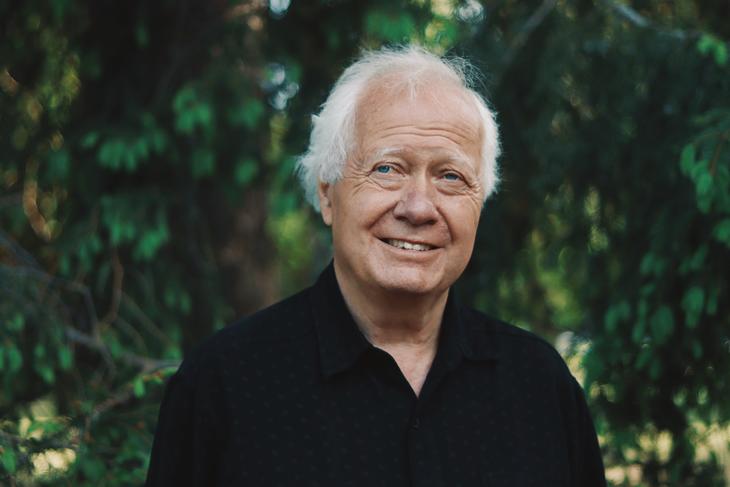
First use of the concept
The first use of Farmers' Rights as a political concept dates back to the early 1980s, when Pat Roy Mooney and Cary Fowler of the then Rural Advancement Foundation International (now ETC-Group) coined the term to highlight the valuable but unrewarded contributions of farmers to plant genetic resources for food and agriculture.
The idea came up as a countermove to the increased demand for plant breeders' rights, as voiced in international negotiations, to draw attention to the unremunerated innovations of farmers that were seen as the foundation of all modern plant breeding.
In 1983, Pat Roy Mooney wrote 'The Law of the Seed: Another Development and Plant Genetic Resources' (Development Dialogue, Vol. 1-2, published by the Dag Hammarskjöld Foundation), which is a comprehensive analysis of the international management of plant genetic resources for food and agriculture. Here Mooney argues for benefits to farmers for their contribution to the global genetic pool, as well as the need for conservation support. He proposes that a fund be established for the purpose, and argues against any legal arrangements which may hinder farmers in their practice of saving, reusing, improving and developing seeds - in other words, here we find most of the elements which were later to be ascribed to farmers' rights.
According to Cary Fowler (in Unnatural Selection. Technology, Politics and Plant Evolution, Yverdon, Switzerland: Gordon and Breach, 1993, p. 192), the concept can be traced back to the work of inter alia the renowned plant explorer, geneticist and plant breeder Jack R. Harlan (1917-1988), who spoke of farmers as the 'amateurs' who had in fact created the genetic diversity that had become subject to controversies.